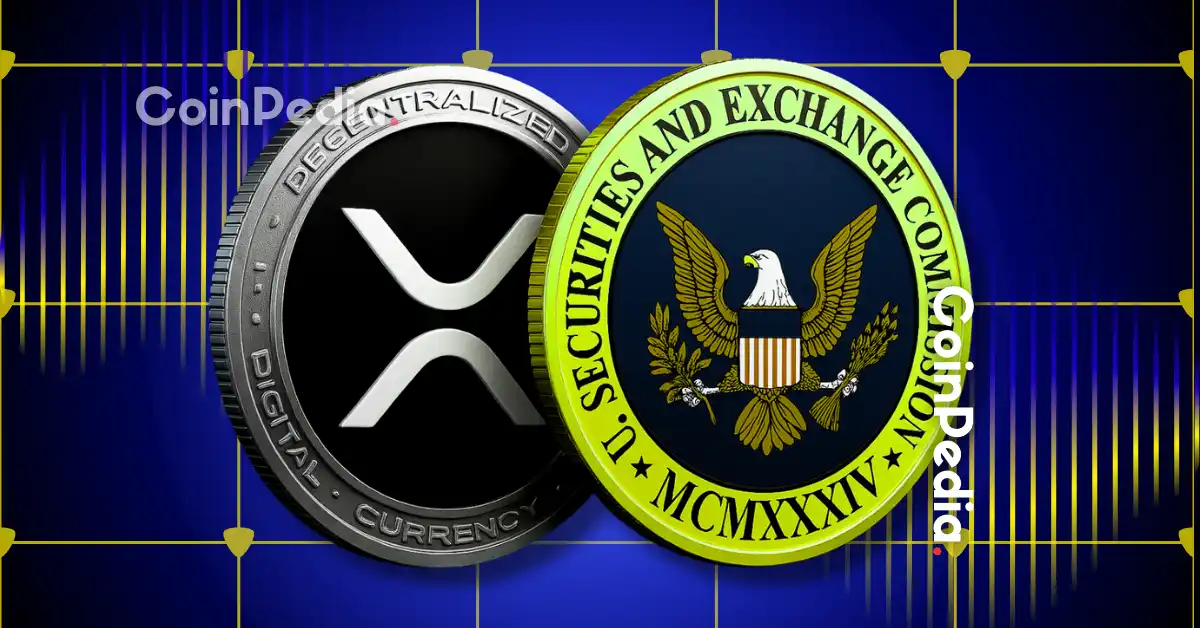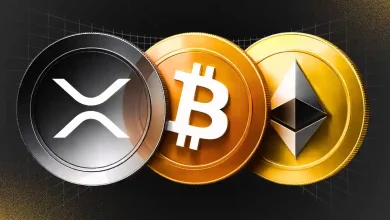
Ripple and SEC filed a joint appeal dismissal; no judge’s signature required under federal appellate rules for straightforward cases.
$125M penalty stands as Judge Torres refused reduction; dismissal doesn’t alter original court ruling or fines.
The legal battle between Ripple and the U.S. Securities and Exchange Commission (SEC) has taken yet another twist, and this time, it’s not about price charts but about legal procedure.
A few days ago, reports surfaced claiming that SEC v. Ripple was officially over after both parties filed a Joint Dismissal of the Appeals. Social media posts quickly went viral with the headline “The case is over.”
However, not everyone bought the news. Many in the crypto community dismissed the claims as premature or outright fake, leading to heated debates across X (formerly Twitter).
Analyst: “No Judge’s Signature Needed”
Crypto analyst Zach Rector weighed in, saying that under federal appellate court rules, both parties agreeing to dismiss an appeal doesn’t always require a judge’s sign-off.
Rector pointed to Federal Rule of Appellate Procedure (FRAP) 42(b), which allows for a “stipulated dismissal,” meaning the circuit clerk can close the case if both parties sign an agreement, specify cost arrangements, and pay any required court fees.
In other words, if the appeal is being dropped with no extra requests, a judge’s approval isn’t mandatory.
When a Judge’s Order Becomes Necessary
Legal experts also clarified that if the dismissal agreement includes more than just ending the appeal, such as approving a settlement, reducing penalties, or vacating a lower court’s decision, a judge’s order is required.
Former SEC lawyer Marc Fagel addressed one of the community’s big questions: whether the supposed reduction in Ripple’s penalty (from $125 million to $50–$75 million) was true. Fagel confirmed it was not and Judge Torres had refused to lower the penalty, meaning Ripple will still pay the full $125 million ordered by the court.
Bottom Line: Appeals Dropped
If both Ripple and the SEC have agreed to drop the appeal without other conditions, the case at the appellate level is indeed over without a judge’s signature. But the penalty stands, and the dismissal doesn’t erase the original ruling or change the outcome on fines.
Never Miss a Beat in the Crypto World!
Stay ahead with breaking news, expert analysis, and real-time updates on the latest trends in Bitcoin, altcoins, DeFi, NFTs, and more.
FAQs
Yes, the appeal is officially dismissed as both parties filed a joint dismissal under FRAP 42(b), which doesn’t require judge approval for simple case termination.
No, former SEC lawyer Marc Fagel confirmed the $125M penalty stands unchanged – Judge Torres refused to reduce the fine despite settlement talks.
No, while the appeal is dropped, the original ruling and $125M penalty remain fully intact and enforceable under the court’s original decision.
Trust with CoinPedia:
CoinPedia has been delivering accurate and timely cryptocurrency and blockchain updates since 2017. All content is created by our expert panel of analysts and journalists, following strict Editorial Guidelines based on E-E-A-T (Experience, Expertise, Authoritativeness, Trustworthiness). Every article is fact-checked against reputable sources to ensure accuracy, transparency, and reliability. Our review policy guarantees unbiased evaluations when recommending exchanges, platforms, or tools. We strive to provide timely updates about everything crypto & blockchain, right from startups to industry majors.
Investment Disclaimer:
All opinions and insights shared represent the author's own views on current market conditions. Please do your own research before making investment decisions. Neither the writer nor the publication assumes responsibility for your financial choices.
Sponsored and Advertisements:
Sponsored content and affiliate links may appear on our site. Advertisements are marked clearly, and our editorial content remains entirely independent from our ad partners.









